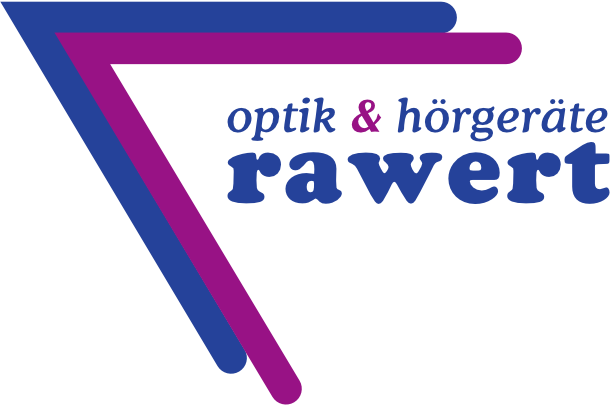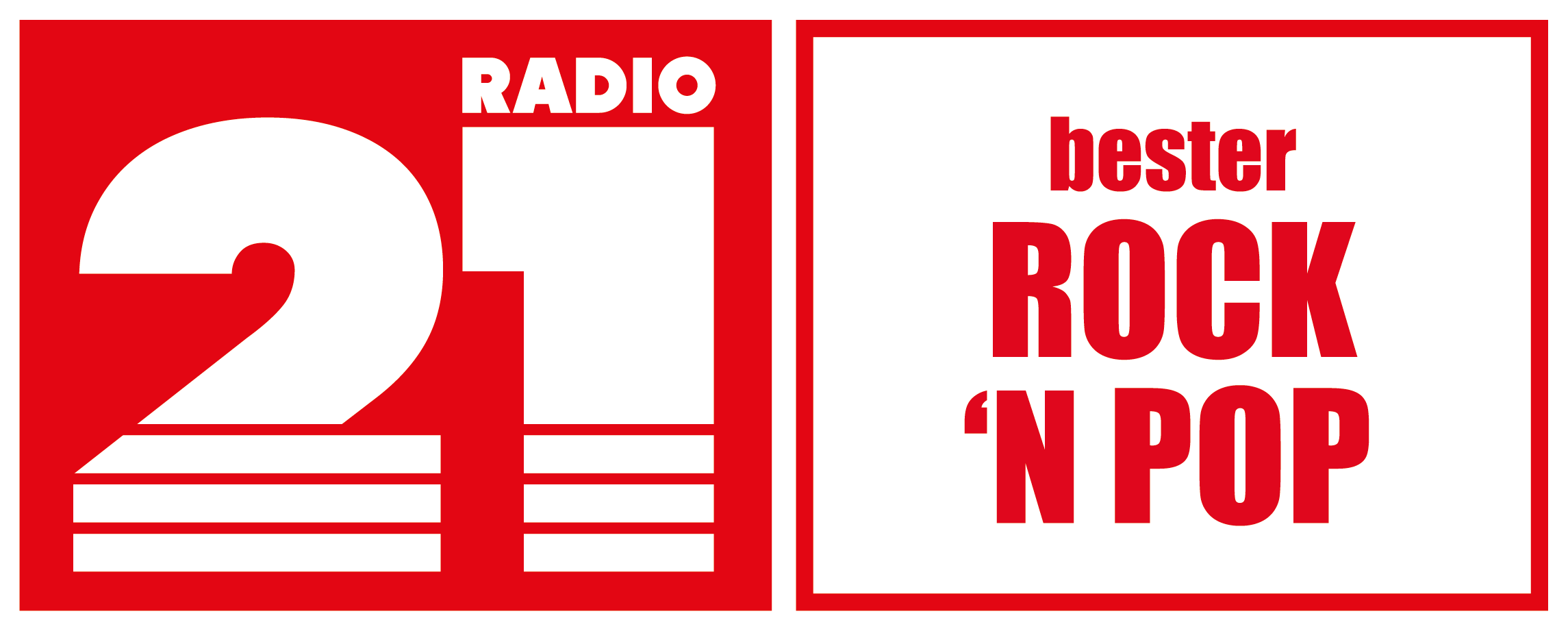Content
- What is the relationship between narcissism and drug use?
- What are some effective treatment options for individuals with co-occurring narcissism and alcohol addiction?
- NPD diagnosis
- Seeking help
- Do Narcissists Have Problems with Alcohol?
- What are some common traits of individuals with both narcissism and alcohol addiction?
- Toxic Dynamics in Relationships with Alcoholic Narcissists
A dual diagnosis (or co-occurring disorder) is when one person has a mental health disorder along with a drug or alcohol abuse problem. There is a strong association between SUDs and other mental health disorders. About 50% of people with one disorder will develop at least one more co-occurring mental health problem in their lifetime. Both types of pathological narcissism (abnormal efforts to regulate the self) are also linked to alcoholism.
Research has shown that there is an overlap between alcohol use disorder and personality disorders, including NPD. One study found that among individuals who reported alcohol use, 9.1% were diagnosed with NPD at some point during https://ecosoberhouse.com/ their lives [1]. I turned to Craig Malkin, a therapist and author of Rethinking Narcissism (and a Psychology Today blogger), for answers to the question of how to deal with someone who has addiction and narcissism issues.
What is the relationship between narcissism and drug use?
A 2019 article in Frontiers in Psychiatry looks at the relationship between the problematic use of substances and narcissism, concluding that self-esteem plays a major role. People with vulnerable narcissism tend to show avoidant, defensive, or hypersensitive behaviors, and they often experience feelings of rage at a perceived lack of esteem or respect. People with grandiose narcissism tend to have very high self-esteem, behave in a dominant way, and overestimate their own capabilities. That change, Malkin says, is about learning to open up to and depend on loved ones and friends in healthy ways.
The narcissistic tendencies of these individuals, such as an excessive need for admiration and a lack of consideration for others, are amplified by their alcoholism. This can lead to manipulative and controlling behaviors, as well as emotional and psychological abuse. Understanding the interplay between alcoholism and narcissism is crucial in recognizing the complexity of these conditions and their impact on individuals and their relationships. If you or someone you know is struggling with an alcoholic narcissist or seeking help for alcohol addiction and narcissism, it is important to seek professional guidance and support. By recognizing the unique challenges faced by those struggling with an alcoholic narcissist dynamic, interventions and treatment options can be tailored to promote healing, personal growth, and recovery. When two conditions like narcissism and alcoholism occur together, sometimes people believe that one disorder causes the other, but co-occurring disorders are more complex than that.
What are some effective treatment options for individuals with co-occurring narcissism and alcohol addiction?
A 2018 meta-analysis looked at the results of 62 studies and found that grandiose narcissism has a moderate association with increased social network use. It found that individuals with grandiose narcissism have more friends and followers, post more often, and spend more time on social media than other people. Both grandiose and vulnerable narcissism are strong predictors of alcohol-related problems, according to a 2018 study of 345 college students. Both grandiose narcissism and vulnerable narcissism show a strong link to substance use disorders.
Alcoholism exacerbates these challenges by causing erratic behavior, emotional volatility, and broken promises. The combination can lead to deteriorating relationships, as loved ones may struggle to cope with the emotional rollercoaster caused by both conditions. The combination can severely affect the individual’s health, social, and professional life. It can also affect others, including the family and friends of the narcissistic alcoholic person, equally.
NPD diagnosis
Contact friends, family, or support groups to share your experiences and feelings. You may, for example, ban your partner from drinking around you or refuse to give them money knowing they’ll only spend it on alcohol. As alcohol impairs judgment, a narcissist’s underlying need for control and power can escalate into full-scale aggression. While on a drinking binge, a narcissist may start fabricating stories to secure the attention and sympathy of those around them. Narcissists base their self-worth on the praise and attention of others, and when they fail to secure it experience depressive symptoms like shame and isolation, which they seek to drown in alcohol. When intoxicated, they may use alcohol to dominate others, manipulate situations, or maintain a sense of superiority.
This behavior is a defense mechanism that allows enablers to avoid confronting the reality of the situation and the narcissist’s behavior. They may refuse to acknowledge the impact of their actions on others, instead choosing to blame others for their problems. This can make it difficult to have honest and open communication, as they may become defensive or aggressive when confronted with their behavior. People with Alcohol Use Disorder (AUD), also known as alcoholism, can exhibit self-absorption and a desire for admiration, similar to those with Narcissistic Personality Disorder (NPD). However, there are distinctions between the two that are crucial to recognize.
Seeking help
Remove yourself from harmful situations, and seek assistance if needed. Self-care is crucial for maintaining your resilience and emotional strength. But it’s unlikely they’ll reveal the whole, unadulterated truth, regardless of how much they drink. Because of this skewed worldview, narcissists hardly ever acknowledge anyone else’s truth, and nor will getting them drunk bring them any closer to achieving that.
- When they abuse alcohol and develop a dependence on drinking, they may not accept or admit that there’s anything wrong with their life.
- Dealing with that recognition in a healthy way requires a different response than the one prompted by the disease model.
- Remember, seeking help is a courageous step towards reclaiming a healthier and more fulfilling life.
- Once they receive this affirmation, they experience grandiosity and may behave in an arrogant and entitled way.
Detoxification is usually the first phase of a comprehensive treatment plan. Once detox is complete, a person will be able to enter an inpatient or outpatient treatment program to continue their recovery journey. To find a treatment program, browse the top-rated addiction treatment facilities in each state by visiting our homepage, or by viewing the SAMHSA Treatment Services Locator. The helpline at AddictionResource.net is available 24/7 to discuss the treatment needs of yourself or a loved one. This helpline is answered by Ark Behavioral Health, an addiction treatment provider with treatment facilities in Massachusetts and Ohio. Treating both disorders while at a recovery treatment center can help a person remain sober once they’ve completed the program.



